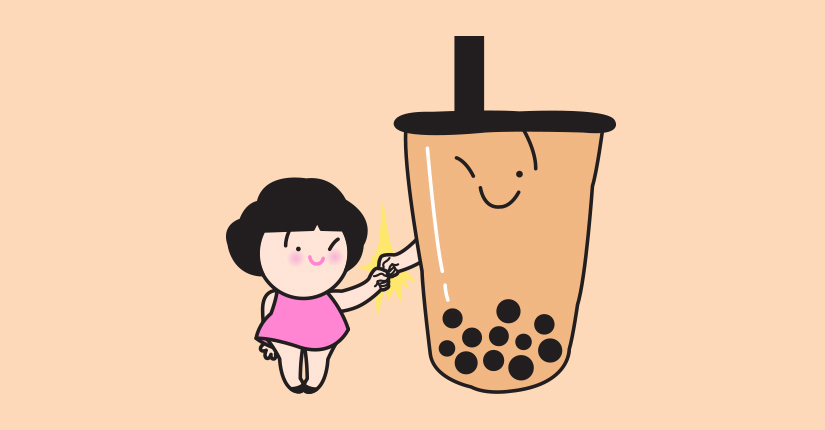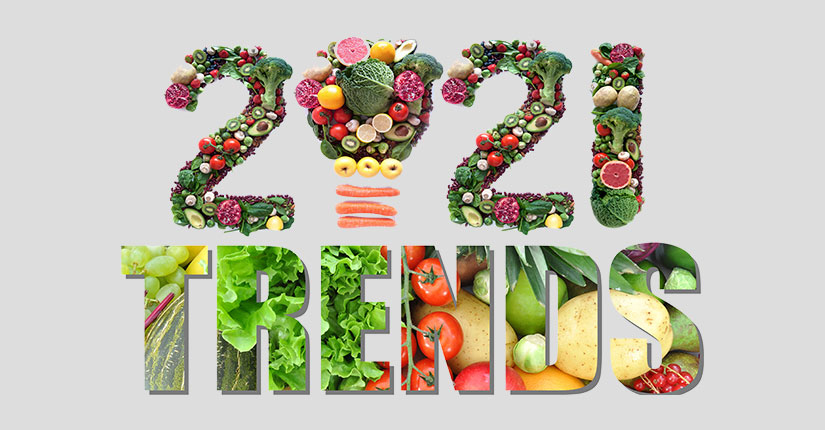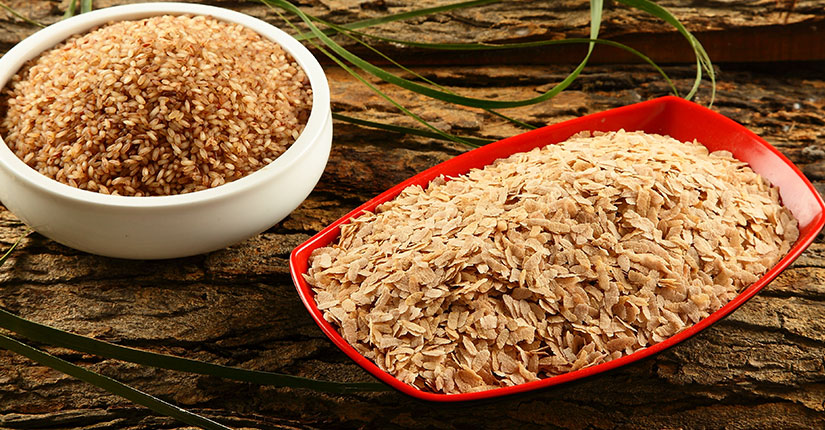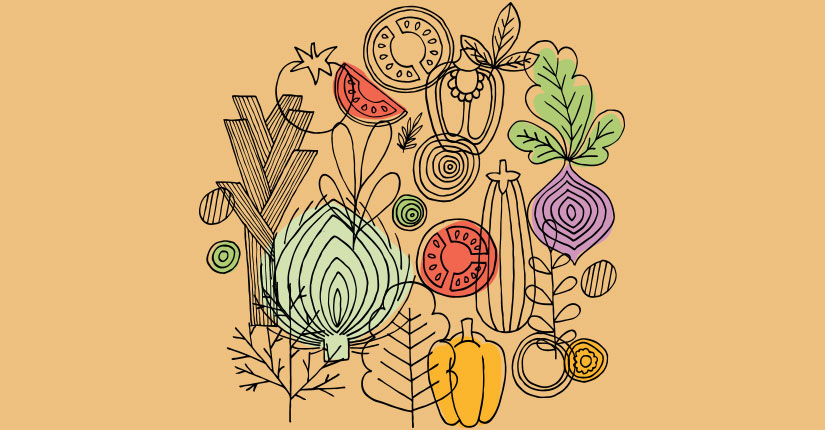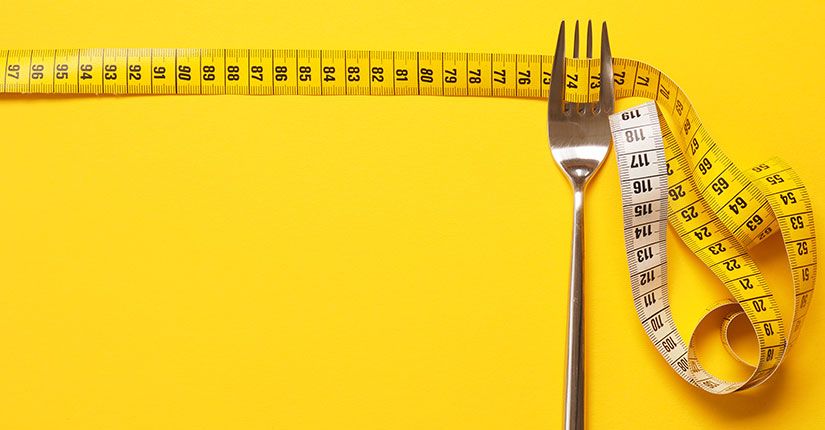Fruitarian Diet: Is it Good For You?
By Nmami Agarwal 19-Jan 2022 Reading Time: 4 Mins
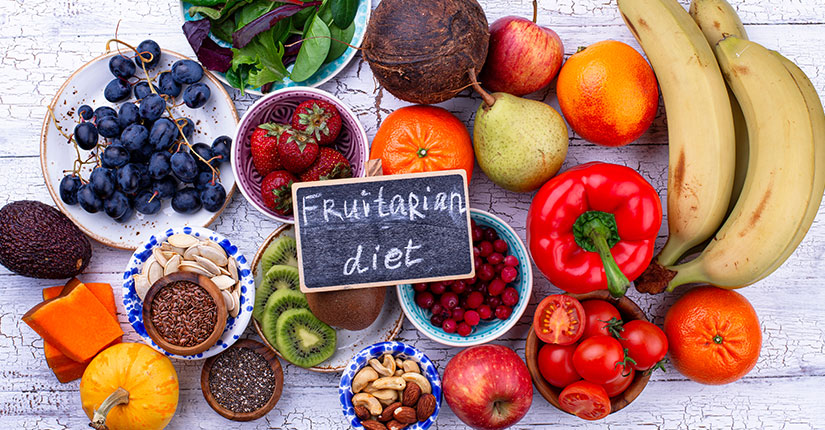
Fruitarian diet is a very restrictive diet with high levels of sugar and lacking important nutrients required by the body. It excludes all animal products like dairy. Food types like grains, legumes, and tubers are also severely limited. It has also been mentioned that a fruitarian diet has a huge risk of malnourishment, and doesn’t consist of a balanced eating plan.
Fruits contain natural sugar in form of fructose, and vitamins, and antioxidants. Fruits alone can reduce the chances of cancer and other chronic forms of diseases. It is recommended to have a fruit per day and to eat healthier. It is recommended that fruit intake should be restricted to twenty-five to thirty percent to avoid any nutritional imbalances in the body. Better options rather than a fruitarian diet are the Mediterranean or pescatarian diet consisting of a vegetarian diet and fish.
Ill effects of a fruitarian diet
- Weight gain- Naturally high levels of sugar in fruits are at risk of gaining weight.
- Diabetes- Diabetic people should avoid a fruitarian diet since it negatively affects the blood sugar levels of the body. The fruitarian diet is bad for people with kidney or pancreatic disorders as well.
- Decay of teeth- Apples alone are as corrosive as candy or soda, with more examples like oranges.
- Nutritional deficiency- A fruitarian diet is low on vitamin B12, Calcium, Vitamin D, iodine, and omega-3 fatty acids, which can lead to problems like anemia, tiredness, low immunity, and dysfunction of the immunity system, lethargy, and low calcium levels leading to osteoporosis.
- Cravings and food disorders- diet restrictions can lead to unhealthy cravings, obsessive and compulsive eating, and disordered eating
- Starvation Relying heavily on fruits and depriving the body of needed vitamins, fats, and proteins can lead the body to reach starvation mode, the body reacts differently to such situations like slowing down the metabolism of the body, to conserve energy for vital functions only.
Requirement of the body
- Variety of vegetables including leafy, green, red, orange varieties, legumes, starch, etc.
- Fruits, whole fruits.
- Grains
- Dairy products like milk, yogurt, cheese, and soy beverages.
- Protein, from seafood, lean meat, eggs, legumes, poultry, nuts, and seeds.
- Healthy oils
- Limited saturated and trans fats, sugar, and sodium
A fruitarian diet does not meet these requirements and is lacking in many ways. Although a fruit-rich diet is going to help in hydration and gaining phytonutrients, electrolytes, vitamins, minerals, and fiber, it can cause many health complications.
Following diet plans, short-term or long-term may not be necessary for everybody, and many diets may not be as effective in the long run, therefore one should make informed decisions based on facts and required needs.


